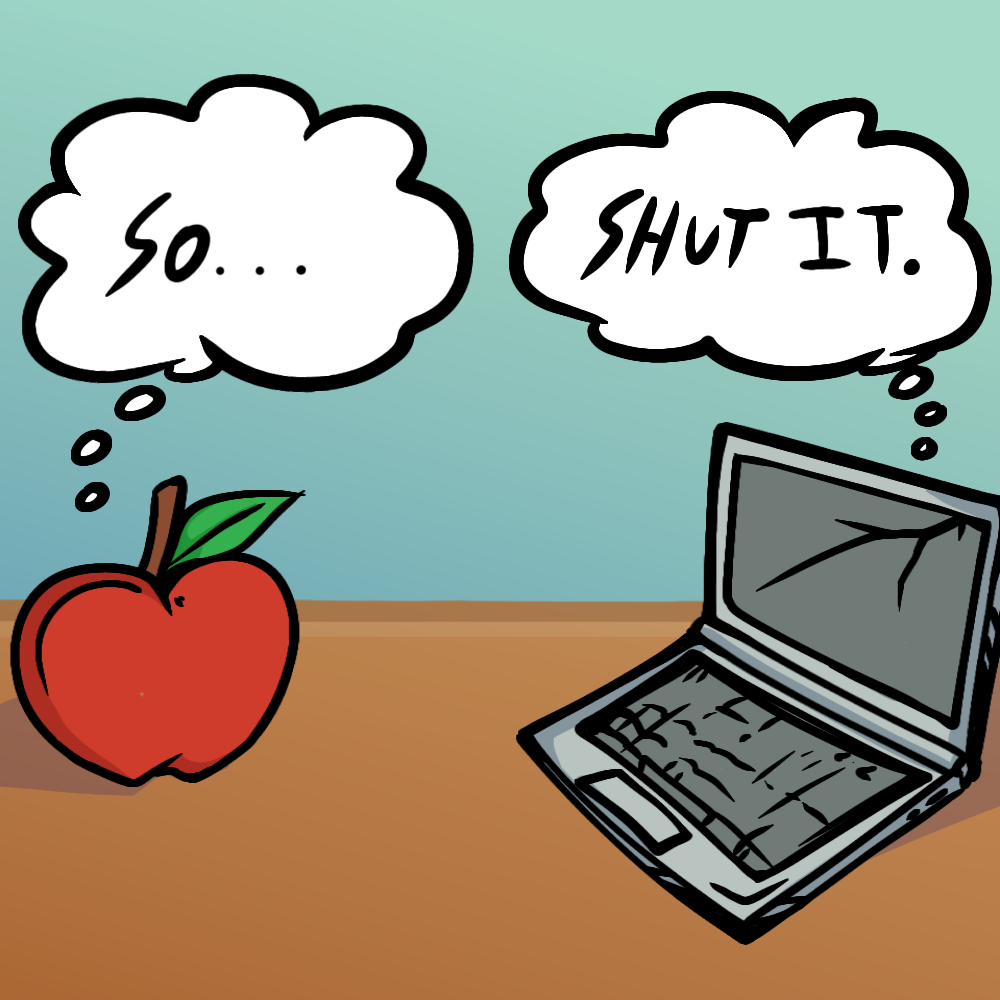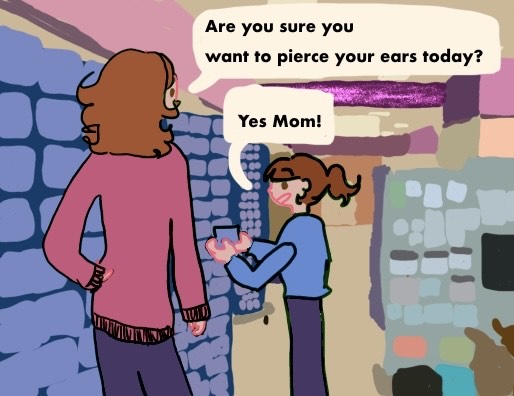
College education is valuable: there is no argument against it, but it is also expensive. There are books, housing, food and tuition that you have to pay for. FAFSA is what helps to combat these expenses and tries to encourage more people to pursue higher education.
Like everything else in life, FAFSA is flawed. How can free money for college be flawed in any way? There are two main flaws, the income ‘cutoff’ and the inability to take into account people’s struggles.
FAFSA has been notorious when it comes to assisting students from middle-income families. If your family makes a little too much money, say 67 thousand dollars a year, then you can expect to get a lower amount of assistance from FAFSA. The fact is that even though the family makes 67k a year, they could still be struggling, especially if they have three to four kids.
FAFSA also does not fairly take into account other factors, such as whether or not your parents will help you with college expenses- FAFSA just assumes they will. FAFSA also does not account for personal expenses like owning a car, it’s just so black and white when it should not be.
FAFSA is still a good program despite its flaws. It provides actual help for students who come from less fortunate families. Last year, for example, in the 2023-2024 academic year FAFSA gave out 114.9 billion dollars to students who needed it. For some, FAFSA is the only viable option if they want to attend college.
Rather than purely shaming FAFSA for its faults, we should instead push for reform for the program. We need to change how narrow FAFSA sees the world, and we need it to start accounting for various living situations. We need to increase the amount of questions FAFSA asks in order to better disburse funds to the students that really need it.






